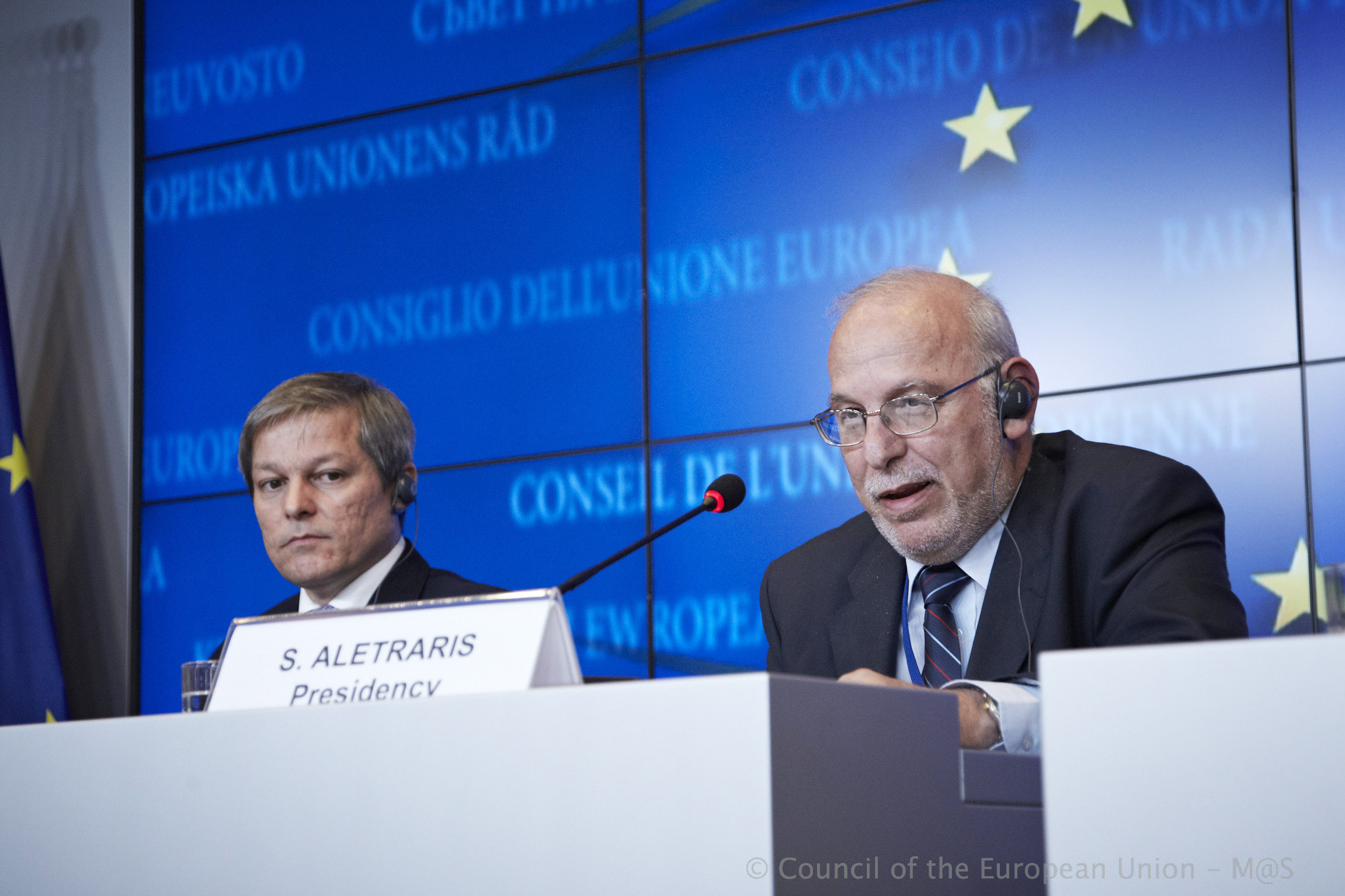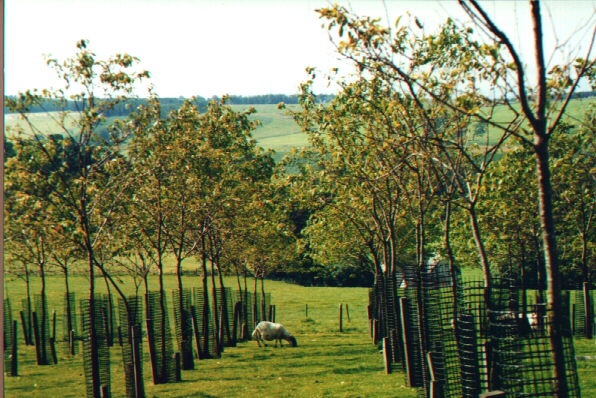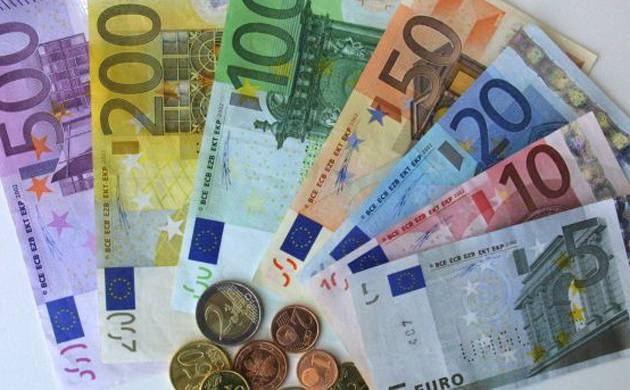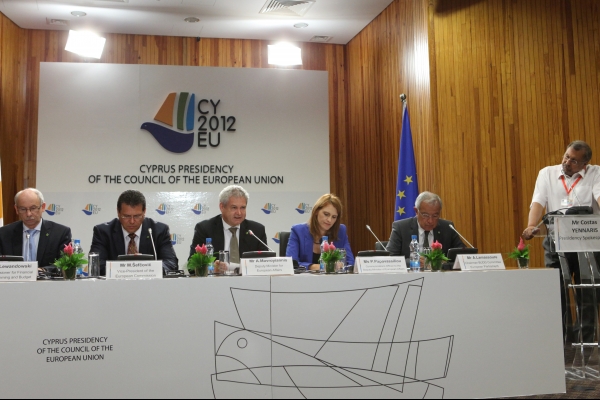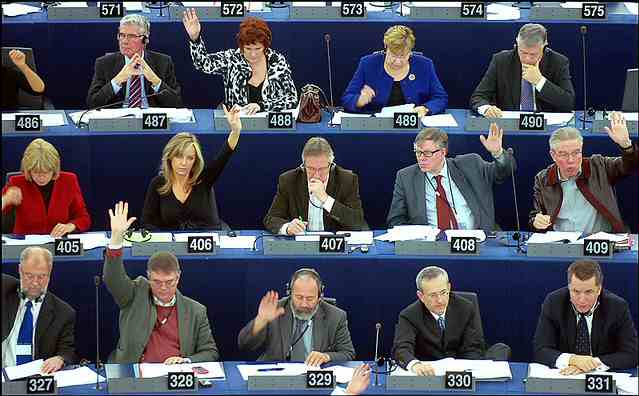The Cyprus Presidency yesterday circulated its second revision to the MFF negotiating box, this time inserting some figures for the individual MFF headings for the first time.
It is a cautious document in its attempts to balance the very different interests of the member states as they try to reach agreement on the MFF at the special November European Council meeting. Agricultural spending escapes lightly in the Presidency proposal which shows where budget reductions in the proposed 2014-2020 MFF might fall.
The preamble to the document states that it presents savings across all Headings of the MFF amounting to at least €50+ billion (this is in comparison to the Commission’s revised MFF proposal in July 2012).… Read the rest

